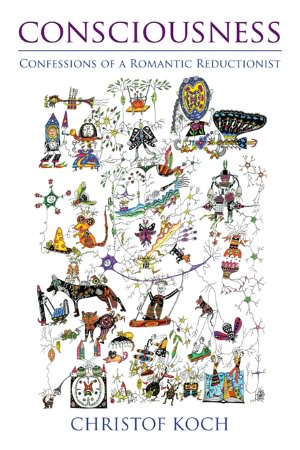Brain Pickings August 30, 2012
“There is no reason why this web of hypertrophied consciousness cannot spread to the planets and, ultimately, beyond the stellar night to the galaxy.”
 “These new media have made our world into a single unit,” Marshall McLuhan observed in 1960, when he made the case for the emergence of a“global village”. Meanwhile, in the half-century since McLuhan’s meditations, scientists and philosophers alike have become increasingly occupied with the study of consciousness —what it is, how it works, and how it shapes our sense of self.
“These new media have made our world into a single unit,” Marshall McLuhan observed in 1960, when he made the case for the emergence of a“global village”. Meanwhile, in the half-century since McLuhan’s meditations, scientists and philosophers alike have become increasingly occupied with the study of consciousness —what it is, how it works, and how it shapes our sense of self.
In Consciousness: Confessions of a Romantic Reductionist (public library), neuroscientistChristof Koch — “reductionist, because I seek quantitative explanations for consciousness in the ceaseless and ever-varied activity of billions of tiny nerve cells, each with their tens of thousands of synapses; romantic, because of my insistence that the universe has contrails of meaning that can be deciphered in the sky about us and deep within us” — explores how subjective feelings, or consciousness, come into being. Among Koch’s most fascinating arguments is one that bridges philosophy, evolutionary biology and technofuturism to predict a global Übermind not unlike McLuhan’s “global village,” but one in which our technology melds with what Carl Jung has termed the “collective unconscious” to produce a kind of sentient global brain:



 Additional questions and feedback on the Neuroscience Portal site can be addressed to:
Additional questions and feedback on the Neuroscience Portal site can be addressed to: